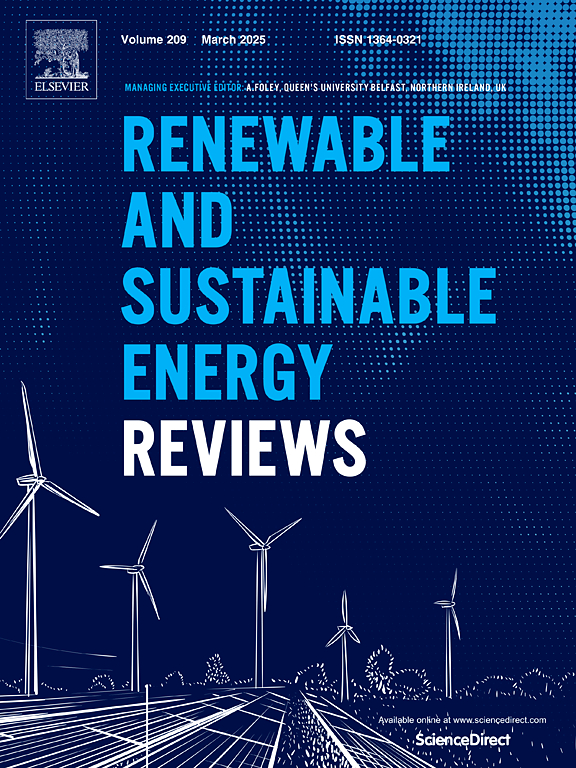With the alarming increase in dying trees and massive logging in the Czech forests due to bark beetle infestation, the collection of non-wood forest products, a beneficial recreational activity in the Czech Republic, is now being promoted as an alternative to wood provisioning services. This paper aims to present findings on the non-wood forest product preferences in the country as part of a baseline assessment for promoting the usage. This study relied on the 2019 national survey data of public preferences in collecting forest berries, mushrooms, honey, and medicinal herbs. K-means cluster analysis was employed to classify the respondents. A binary logistic regression with a conditional forward approach was employed to identify the potential predictors of the high preference for each non-wood forest product. Data from 1,050 online respondents were included, and two groups of respondents were clustered based on their preferences for the entire non-wood forest, i.e., higher and lower utilization. The regression analysis revealed that frequent forest visitors were the primary predictor of high utilization of all non-wood forest products (between 1.437 to 4.579 odd ratios), in addition to age, gender, and location of the forest property. By clustering the respondents based on the high and low preferences in utilizing non-wood forest products, the promotion of this service, from recreational to potential livelihood activities and economic benefits, can be better targeted, e.g., target customer, infrastructure development in the location with high preferences, scenarios based on the type of owners (municipal or private forest owners), which in accordance to the national forest policy and laws, and, at the same time, maintain the ecological stability.
DOI:
https://doi.org/10.3389/fnut.2023.1193203
Skor altmetrik:
Jumlah Kutipan Dimensi:



















